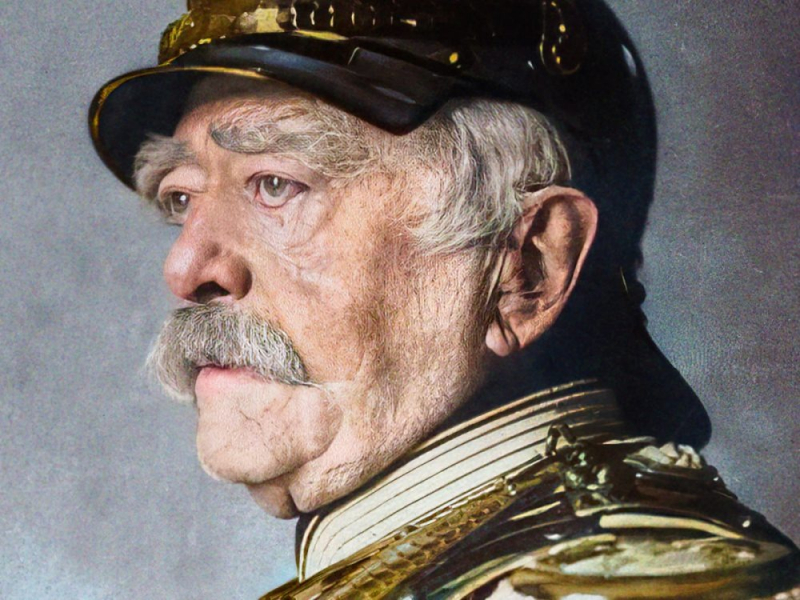He became Prime Minister of Prussia under William I
William I, the new king of Prussia, chose Otto von Bismarck to be his prime minister in 1861. William had been engaged in a conflict with the Chamber of Deputies on military reform for more than two years. The monarch, like former Prussian rulers, thought it well within his power to increase the size of the military and the years of duty because he had spent a large portion of his adult life in the army.
William refused to negotiate or make a deal with liberal legislators over the crucial subject of sovereignty when the liberal majority did not authorize the funding for these measures. Twice, when he prorogued the legislature, the liberal majority grew. The monarch's last effort to avoid legislative control of the military was the appointment of Bismarck.
Bismarck launched a series of three short wars that established Prussia’s dominance. He defeated Denmark in 1864 and took control of the German-speaking region of Schleswig-Holstein. In the Austro-Prussian War of 1866, he conquered the ailing Austrian Empire. When he started the Franco-Prussian War in 1870, he had German support since he didn't demand a war indemnity. After conquering, he annexed the Alsace and Lorraine border regions of France. In 1871, William I received the title of emperor of a united Germany (the Second Reich).









